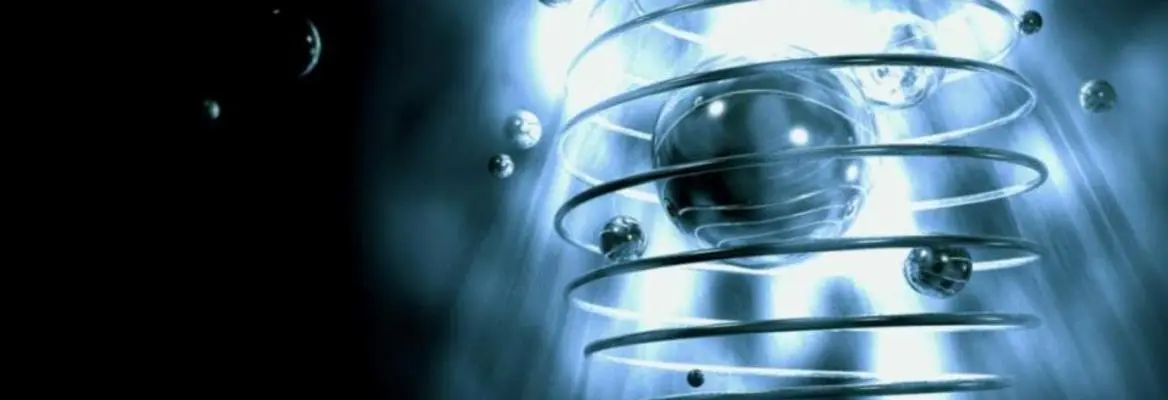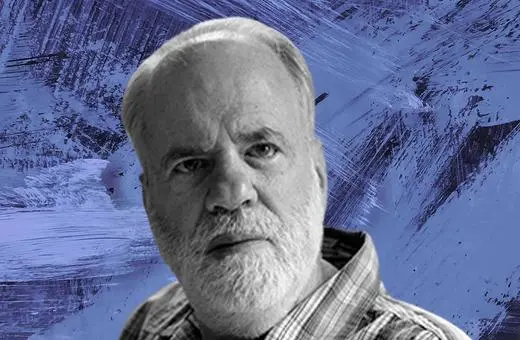The obvious and the self-evident are also the hallmarks of prejudice and danger. And what could be more obvious than that our maps, theories and histories of the world help us understand the world because they reflect reality. Science works because it is uncovering how the world really is.
Self-evident common sense it may be – and one that Michaela Massimi and Simon Blackburn endorsed in their debate with me in After Relativism – but it is a mistake, and a dangerous mistake to boot. The name of this philosophical mistake is realism.
What is dangerous about realism is that it encourages those who believe they have uncovered the truth to dismiss other accounts and sometimes to describe these alternative perspectives with derision or worse. From suicide bombers and terrorists to dictatorial governments and fanatical cults, the most ardent and violent supporters are typically realists. In the name of truth and in the name of having uncovered how the world ultimately is, it is possible to sanction almost any crime. So let us not think this seemingly arcane philosophical argument about metaphysics does not bite where it matters.
When James Frazer published The Golden Bough in 1890, a comparative study listing hundreds of religions and magical beliefs side by side, it sent shock waves through a culture that was still largely realist about such matters. For it was widely assumed that religious and moral beliefs were supported by the objective and independent character of reality. Ten years later, an updated edition caused further outrage by including Christianity as merely one alongside many other religious and magical belief systems. It was not long, however, before the plethora of perspectives turned outrage into the forced retreat of religious and moral realism.
The attack on realism gathered momentum in the early twentieth century as language ceased to be seen as a neutral conveyor of thought, and philosophy caught the bug in the so-called “linguistic turn”. With an indefinite number of possible languages each with their own concepts and perspective, the puzzle of what was ultimately out there became more perplexing. If each language carried its own unique account of the world how could we from our Indo-European perspective hope to describe an independent reality? The subsequent failure of the project to describe how language is hooked onto the world led Wittgenstein to abandon realism and remains perhaps the core evidence that realism is an error.
In the wake of a religious, moral, cultural, historical and linguistic relativism, the last remaining bastion of realism post-war was science. Science is, of course, itself a language, but scientific realists wish to ring-fence this particular vocabulary and methodology to retain a notion of “the real” that is independent of thought and language. Thomas Kuhn's demonstration of the manner in which scientific paradigms could be maintained in the face of contrary evidence was a threat to this remaining haven of realism. Paul Feyerabend in his historical examination of the church's response to Galileo, and his demonstration that the Aristotelian view of the heavens was quite capable of accounting for the evidence, left scientific realism in disrepair.















Join the conversation